'
IMPROVE DIGESTION HERBAL TEA | ||
|---|---|---|
| S.N. | INGREDIENTS | To study the benefits of these herbs and spices for improving digestion, you can look into various scientific journals and books that discuss their effects. Here's a brief overview and potential sources where you can find more detailed information: |
| 1 | AMLA |
1. Amla (Indian Gooseberry): Known for its high vitamin C content and
antioxidant properties, beneficial for digestion. Reference: "Indian Medicinal Plants: An Illustrated Dictionary" by C.P. Khare. |
| 2 | ASHOK BARK |
2. Ashok Bark: Traditionally used in Ayurveda to support female
reproductive health, potentially beneficial for digestion indirectly. Reference: "Ayurvedic Pharmacology and Therapeutic Uses of Medicinal Plants" by Vaidya V.M. Gogte. |
| 3 | BAKUCHIOL |
3. Bakuchiol: Known for its antioxidant and anti-inflammatory
properties, which can support digestive health indirectly. Reference: Research articles on PubMed regarding its pharmacological effects. |
| 4 | BASIL |
4. Basil (Tulsi): Contains compounds that may support digestive enzymes
and alleviate digestive discomfort. Reference: "The Encyclopedia of Medicinal Plants: A Practical Reference Guide to over 550 Key Herbs and Their Medicinal Uses" by Andrew Chevallier. |
| 5 | BAY LEAF |
5. Bay Leaf: Contains volatile oils that aid digestion and help reduce
flatulence. Reference: "Herbal Medicine: Biomolecular and Clinical Aspects" edited by Iris F. F. Benzie and Sissi Wachtel-Galor. |
| 6 | BLACK PEPPER |
6. Black Pepper:Enhances digestive enzymes' activity and promotes
nutrient absorption. Reference: "The CRC Handbook of Medicinal Spices" by James A. Duke. |
| 7 | CARDAMOM |
7. Cardamom: Aids digestion by stimulating digestive enzymes and
improving gut health. Reference: "Handbook of Ayurvedic Medicinal Plants" by L.D. Kapoor. |
| 8 | FENNEL |
8. Fennel: Known for its carminative properties, reducing bloating and
supporting digestion. Reference: "The Complete German Commission E Monographs: Therapeutic Guide to Herbal Medicines" by Mark Blumenthal. |
| 9 | GOTU KOLA |
9. Gotu Kola: Supports overall digestive health and can aid in ulcer
healing. Reference: Research articles in the "Journal of Ethnopharmacology" and "Phytomedicine". |
| 10 | TEA |
10. Tea Leaves: Support digestion through antioxidants and soothing
properties. Reference: "Tea: Bioactivity and Therapeutic Potential" edited by Yong-Su Zhen. |
| 11 | GUDUCHI |
11. Guduchi (Giloy): Supports liver function and overall digestive
health. Reference: "The Ayurvedic Pharmacopoeia of India, Part I, Volume 5." |
| 12 | HIBISCUS |
12. Hibiscus: Contains enzymes that aid in digestion and promote gut
health. Reference: "Hibiscus: A Medical Dictionary, Bibliography, and Annotated Research Guide" by Philip M. Parker. |
| 13 | LEMONGRASS |
13. Lemongrass: Calms the stomach and aids digestion, often used in
teas and culinary dishes. Reference: "Essential Oil-Bearing Grasses: The Genus Cymbopogon" by Anand Akhila. |
| 14 | OREGANO |
14. Oregano: Contains compounds that support digestion and may help
combat bacterial overgrowth. Reference: "Herbal Medicine: Expanded Commission E Monographs" by Mark Blumenthal. |
| 15 | MINT |
15. Peppermint: Relieves indigestion and bloating by relaxing the
gastrointestinal tract. Reference: "Mint: The Genus Mentha" edited by Brian M. Lawrence. |
| 16 | ROSE |
16. Rose Petals: Mildly laxative and soothing for digestion, used in
traditional remedies. Reference: "Roses: The Genus Rosa" edited by Rolf O. Becker. |
| 17 | SWEET WOOD |
17. Sweetwood (Licorice): Supports digestive health by reducing
inflammation and soothing mucous membranes. Reference: "The Encyclopedia of Herbs and Herbalism" by Malcolm Stuart. |
Our New Product
-
10% OFF
Sale!
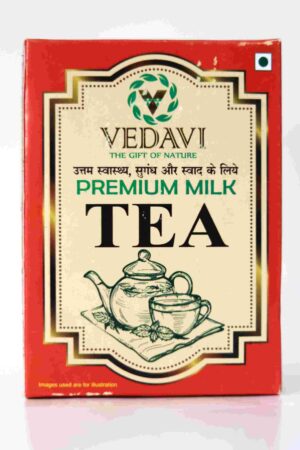
Premium Milk Tea
₹250.00₹225.00 -
1% OFF
Sale!
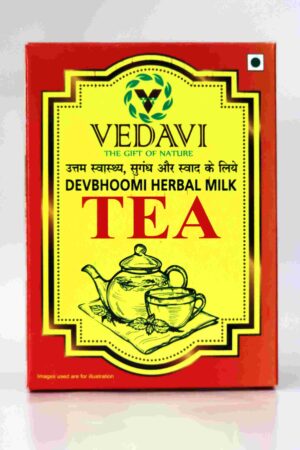
Devbhoomi Herbal Milk Tea
₹350.00₹345.00 -
10% OFF
Sale!
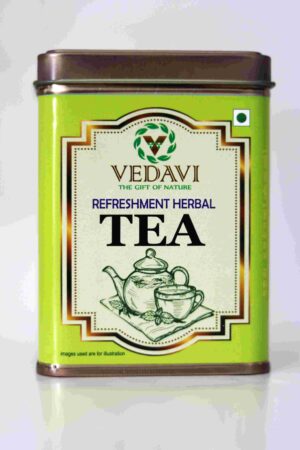
Refreshment Herbal Tea
₹650.00₹585.00 -
10% OFF
Sale!
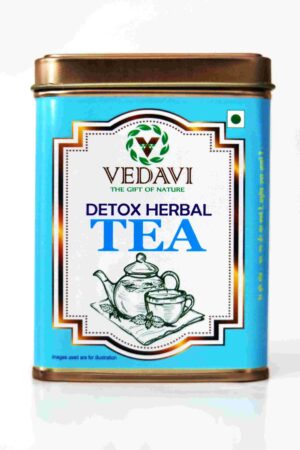
Detox Herbal Tea
₹650.00₹585.00 -
2% OFF
Sale!
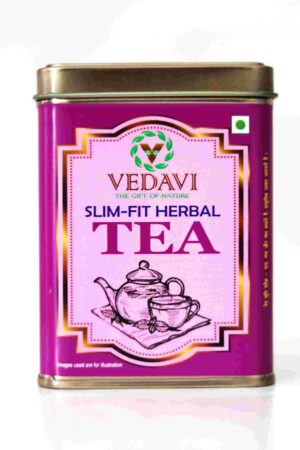
Slim-Fit Herbal Tea
₹650.00₹635.00 -
10% OFF
Sale!
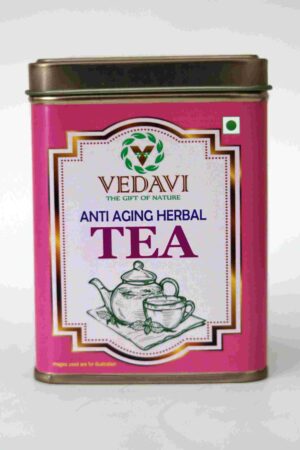
Anti Aging Herbal Tea
₹650.00₹585.00 -
2% OFF
Sale!
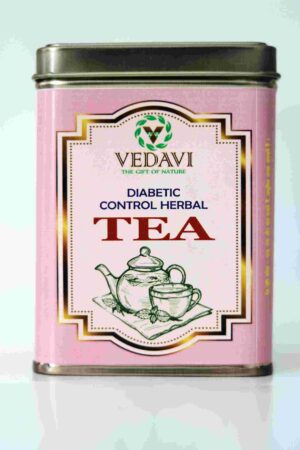
Diabetic Control Herbal Tea
₹650.00₹635.00 -
2% OFF
Sale!
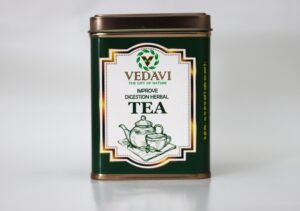
Improve Digestion Herbal Tea
₹650.00₹635.00 -
10% OFF
Sale!
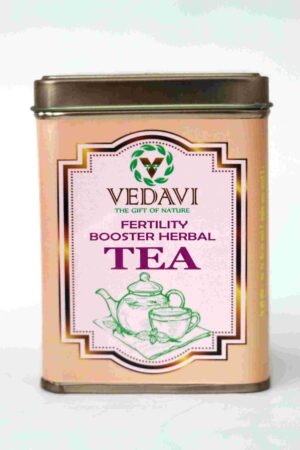
Fertility Booster Herbal Tea
₹650.00₹585.00 -
10% OFF
Sale!

Hair Health Care Herbal Tea
₹650.00₹585.00 -
10% OFF
Sale!
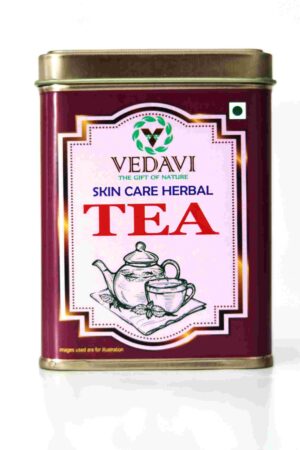
Skin Care Herbal Tea
₹650.00₹585.00 -
2% OFF
Sale!
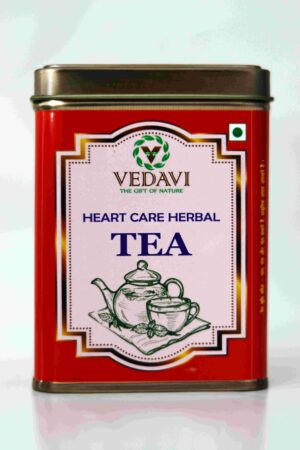
Heart Care Herbal Tea
₹650.00₹635.00 -
2% OFF
Sale!
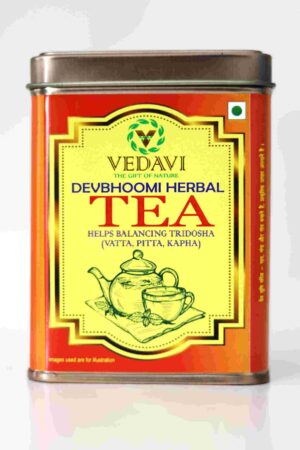
Devbhoomi Herbal Tea
₹650.00₹635.00 -
2% OFF
Sale!
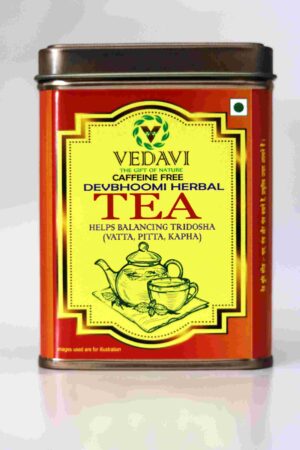
Devbhoomi Herbal Tea (Caffeine Free)
₹650.00₹635.00
